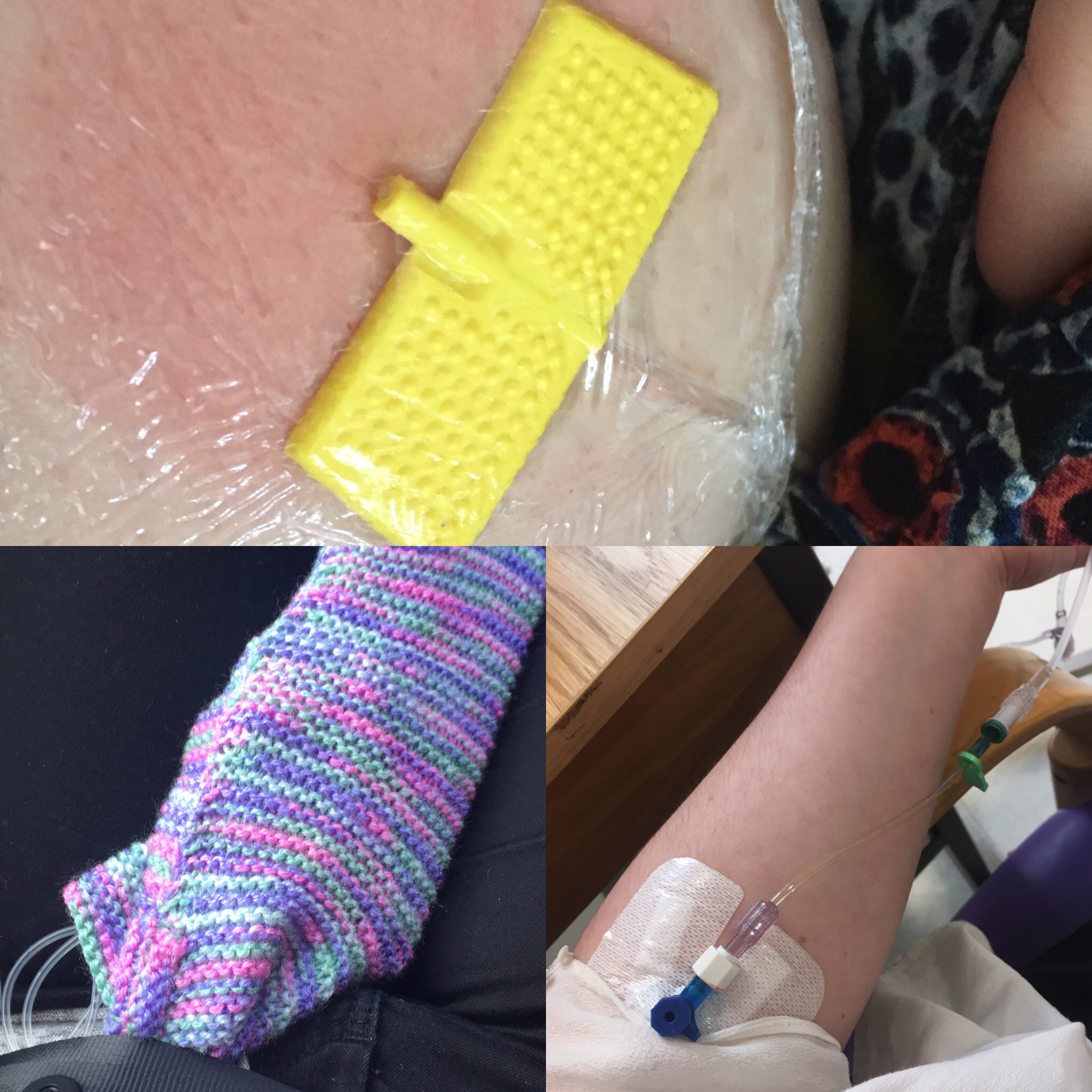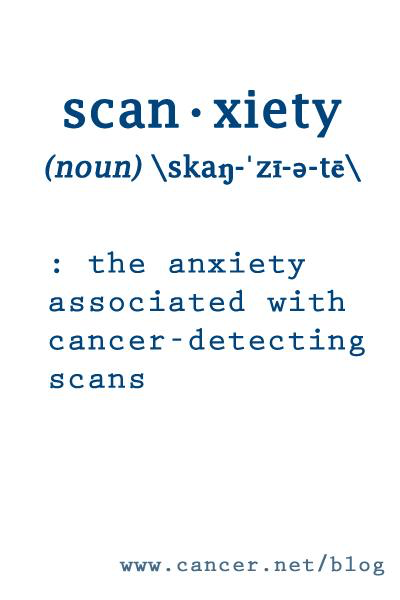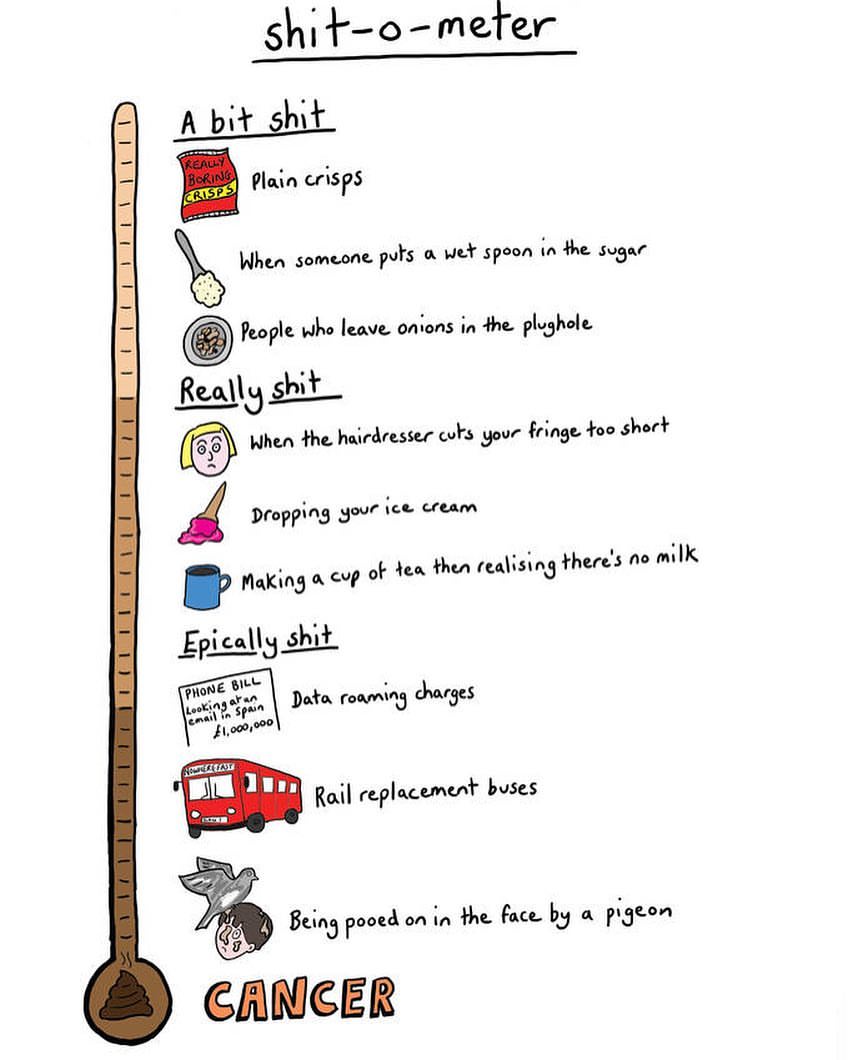2 days ago I met with my new oncologist and nurse specialist – 6th doctor, 3rd oncologist, 3rd hospital and 4th nurse specialist (I swear I’m not a fussy patient, they just keep referring me)! My treatment will take place over 5 weeks starting 29th March and will consist of 25x external radiation treatments (5 days per week) and 5x cisplatin chemotherapy treatments (1x per week). Fortunately because the tumour was completely removed I don’t need to have internal radiation/brachytherapy (it sounds fucking horrific)! The doctor went over all the side effects and I signed consent forms etc, it wasn’t particularly new information as I have had plenty of time to do my research and the previous oncologists talked me through most of it before but it was kind of overwhelming now that it is actually happening.
Radiotherapy is usually given as the main treatment for cervical cancer (that requires more than a surgical approach). It is often given in combination with chemotherapy because chemotherapy makes the cervical cells more sensitive to the effects of the radiotherapy, thus making it more effective. This type of treatment is usually called chemoradiation.
I’ll start with the radiotherapy…Radiotherapy uses high-energy rays, usually x-rays and similar rays (such as electrons) to destroy cancer cells in the area that’s being treated. Normal cells can also be damaged by radiotherapy. Normal cells can usually repair themselves, but cancer cells can’t. Radiotherapy is carefully planned so that it avoids as much healthy tissue as possible. However, there will always be some healthy tissue that’s affected by the treatment and this will cause side effects. Unfortunately in pelvic radiotherapy, rather a lot of healthy tissue is affected resulting in a number of short and long term side effects. The most common short-term effects are; bladder and bowel changes (urinary frequency and urgency, radiation cystitis, haematuria (blood in urine) and diarrhoea and urgency etc.), fatigue and effects on the skin (radiation burn, loss of hair in area being treated). Many people experience these symptoms only during and for a short while after treatment, however for some the bladder and bowel changes can be permenant. Additionally, pelvic radiotherapy causes infertility (menopause and damage to uterus) and vaginal stenosis (narrowing). It can also cause long-term damage to the bones (osteoarthritis). FUN!
Cisplatin chemotherapy, is as the name suggests a platinum based drug. It is given intravenously along with lots of fluids as it can cause kidney damage. It does not cause hair loss, but like most chemotherapy drugs often causes nausea and vomiting. It increases risk of infection (because it can reduce the number of white blood cells in your blood) and can cause anaemia and increased brusing/bleeding (due to reduced red blood cells and platelets in the blood). It often causes loss of appetite and changes in taste as well as fatigue. It can also cause hearing loss, in fact the doctor told me many women are not able to complete the full course because of hearing loss (this can be permenent if not dealt with). It can also cause infertility.
These all sound pretty grim, and some of them I will definitely get, but everyone reacts to treatment differently so there is no way of knowing just how awful I am going to feel until I get there. The good news is that there are lots of things that I can do to help manage any symptoms that arise. I can follow the advise about skin care and mouth care, I can follow a low-fibre diet, drink lots of water and try to cut out/down on stimulants such as caffeine and alcohol. I can go for walks and do yoga to keep my bones, heart and mind healthy. I can follow the advice of the medics, research for myself things that may help and not put too much pressure on myself. The best news was that I have to try not to lose weight which means I have been given genuine medical advice to stuff my face! 😂 Had my planning (CT) scan today and am now the proud owner of my first tattoos (4 little dots to help them get me in the right position for radiotherapy (see image)).
Useful links:
Radiotherapy (including info on internal radiation/brachytherapy) – https://www.jostrust.org.uk/about-cervical-cancer/cervical-cancer/treatments/radiotherapy
http://www.macmillan.org.uk/information-and-support/treating/radiotherapy/radiotherapy-explained
Long-term effects of pelvic radiotherapy – Macmillan have a great patient info booklet on this (and lots of other topics) which you can order for free from this website: https://be.macmillan.org.uk/be/s-605-radiotherapy.aspx
Chemotherapy – http://www.macmillan.org.uk/information-and-support/treating/chemotherapy/chemotherapy-explained
https://www.jostrust.org.uk/about-cervical-cancer/cervical-cancer/treatments/chemotherapy
Cisplatin – http://www.macmillan.org.uk/cancerinformation/cancertreatment/treatmenttypes/chemotherapy/individualdrugs/cisplatin.aspx
http://www.cancerresearchuk.org/about-cancer/cancers-in-general/treatment/cancer-drugs/cisplatin






